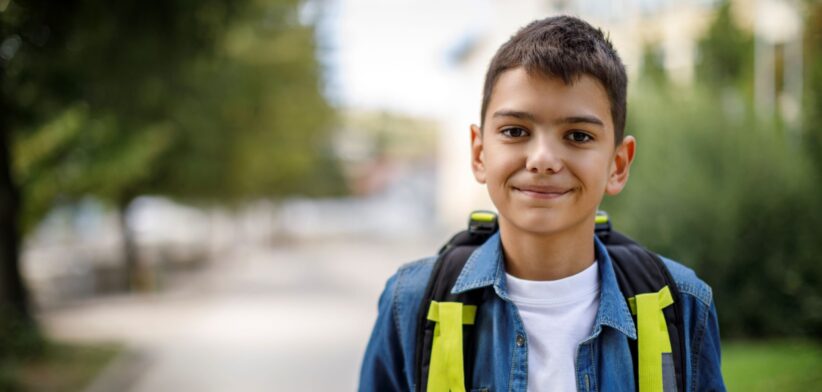Two National Commissioners have urged the Northern Territory Government to reverse plans to lower the age of criminal responsibility from 12 to 10 years.
National Children’s Commissioner Anne Hollonds and the Aboriginal and Torres Strait Islander Social Commissioner Katie Kiss have joined forces in an attempt to prevent the new law, which was announced last week, from progressing.
In a joint-statement the Commissioners warned that a “tough on crime” approach would in fact contribute to an increase in criminal activity, rather than address the root issues of offending by children by focusing on education, healthcare and family support.
Ms Hollonds said the NT Government plan went against what all the evidence has shown needs to be done to ensure safe communities.
“It is absolutely critical that they reconsider.
“The younger a child comes into contact with the criminal justice system, the more likely they will go on to commit more serious and violent crimes.
She said lowering the age of criminal responsibility to 10 years would not make communities safer, it would only see rates of child offending increase.
“These are primary school age children, and harsh, punitive responses are not the answer.
“The fact that this new law will be brought to the NT Parliament clearly shows its government has misunderstood the problem and solutions based on evidence.
“It also shows the other systems meant to help children with complex needs, and their families, such as health and education, have failed.”
Ms Kiss said lowering the age of criminal responsibility condemned First Nations children to a lifetime of abuse, deprivation and disadvantage.
“Our children are disproportionately affected by the failing ‘tough on crime’ approach, which only serves to perpetuate racial profiling and negative stereotyping.
“The NT’s proposed laws, which will combine reducing the age of criminal responsibility with the reintroduction of ‘nuisance’ public drinking measures, will have a significant impact on First Nations children in the child justice system and their families.”
She said instead of finding positive solutions, the plan was criminalising First Nations children, and children with disabilities, learning problems and mental health issues.
“The consequences for us all if this practice continues is dire.”








